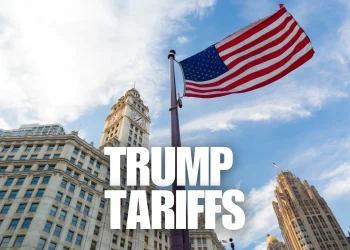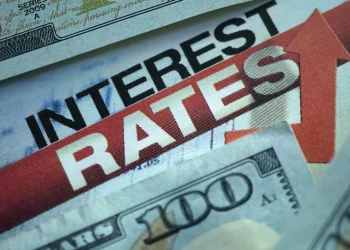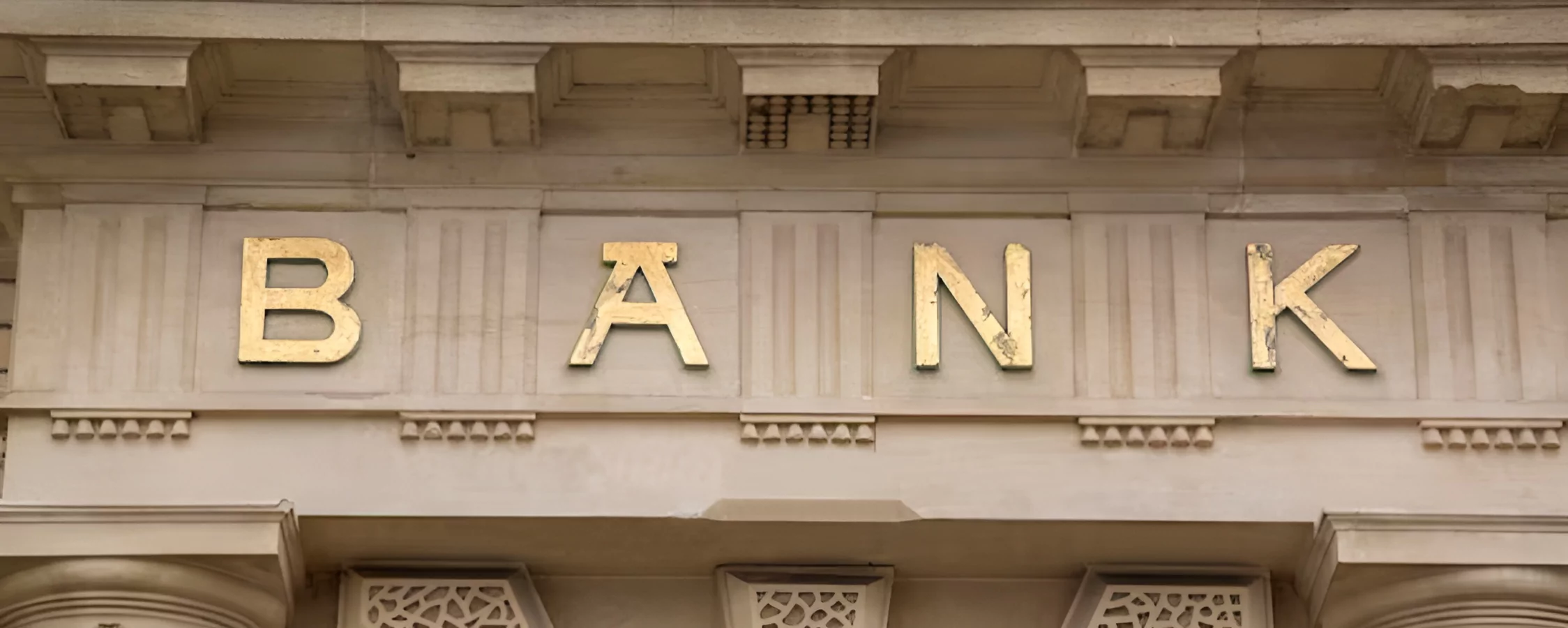International trade is a huge, dynamic, and always changing sector. Foreign exchange markets are a crucial component at its heart that many people ignore. Imagine this: Foreign exchange markets are the invisible force behind international trade, whether it’s a business bringing in electronics from Japan, a traveler converting dollars to euros, or a government negotiating trade agreements.
However, what precise effects do these marketplaces have on global trade and emerging markets? What effects do exchange rate fluctuations have on economies, corporations, and even regular consumers? Let’s examine the intriguing connection between international trade and forex markets and discover why they play such a crucial role in determining the direction of the world economy.
What Are Foreign Exchange Markets?
Before we tackle their influence, let’s get clear on what foreign exchange markets (commonly referred to as Forex or FX markets) are. At their simplest, they’re global platforms where currencies are traded. Think of them as giant marketplaces where people and institutions buy and sell currencies, determining their value in the process.
Some quick facts about forex markets:
- Size: They’re the largest financial markets in the world, with daily trading volumes exceeding $7 trillion.
- Participants: Include central banks, commercial banks, corporations, investors, and even retail traders.
- Purpose: They facilitate international transactions, investments, and trade by allowing currencies to be exchanged.
Without these markets, international trade would come to a screeching halt. Why? Because businesses need to exchange currencies to pay for goods or services denominated in foreign currencies.
The Role of Foreign Exchange Markets in International Trade
Now, let’s uncover how foreign exchange markets shape and influence international trade. Spoiler alert: their impact is massive!
1. Determining Exchange Rates
At the heart of forex markets lies the concept of exchange rates—the price of one currency in terms of another. Exchange rates directly impact international trade by dictating how much a country’s goods and services cost on the global market.
Here’s How It Works:
- If a country’s currency weakens, its exports become cheaper and more attractive to foreign buyers.
- Conversely, if a country’s currency strengthens, its exports become more expensive, potentially reducing demand.
For example, if the U.S. dollar weakens against the Japanese yen, American goods become cheaper for Japanese buyers, boosting U.S. exports. On the flip side, Japanese goods become pricier for American consumers, potentially reducing imports.
2. Facilitating Cross-Border Transactions
Foreign exchange markets make it possible for companies to pay for goods and services in foreign currencies. Imagine a U.K.-based company importing machinery from Germany. The company will need to exchange British pounds for euros to complete the transaction. Without forex markets, such payments would be impossible.
3. Managing Risk Through Hedging
Currency values fluctuate constantly—sometimes dramatically. For businesses engaged in international trade, this volatility can be risky. A sudden spike or drop in exchange rates can significantly impact profits.
Thankfully, foreign exchange markets offer tools like forward contracts and options that allow companies to hedge against currency risk. For example:
- A U.S. importer can lock in today’s exchange rate to pay for goods in euros six months from now, protecting themselves from unfavorable currency fluctuations.
This ability to hedge makes international trade more predictable and less risky.
How Exchange Rate Volatility Impacts Trade
Currency volatility is a double-edged sword. While it creates opportunities for some, it poses challenges for others. Here’s how exchange rate fluctuations—driven by activity in foreign exchange markets—affect international trade:
1. Pricing Uncertainty
Imagine being a business owner who imports raw materials. If the currency you need suddenly strengthens, your costs could skyrocket overnight. This uncertainty makes it challenging to set stable prices for products and services.
2. Trade Imbalances
Exchange rate movements can lead to trade imbalances. For example:
- A weaker currency boosts exports but makes imports more expensive, potentially creating a trade surplus.
- A stronger currency makes imports cheaper but reduces export demand, leading to a trade deficit.
3. Competitive Advantage
Countries often monitor exchange rates closely to maintain competitive advantages. For instance:
- China has historically intervened in foreign exchange markets to keep the yuan weaker, making Chinese goods more affordable globally.
- This “currency manipulation” strategy has sparked debates and influenced global trade policies.
The Impact of Central Banks on Foreign Exchange Markets and Trade

Central banks play a huge role in exchange markets. Through monetary policy, they influence exchange rates and, by extension, international trade. Here’s how:
1. Interest Rates and Currency Value
Central banks control interest rates, which directly impact currency values:
- Higher interest rates attract foreign investors, increasing demand for the currency and strengthening it.
- Lower interest rates have the opposite effect, weakening the currency.
For example, if the European Central Bank raises interest rates, the euro strengthens, potentially making European exports more expensive.
2. Currency Intervention
Sometimes, central banks intervene directly in foreign exchange markets to stabilize their currency. They may buy or sell their currency to influence its value. While this can benefit local economies, it often sparks controversy in international trade circles.
How Foreign Exchange Markets Support Globalization
Globalization thrives on the seamless flow of goods, services, and capital across borders—and none of this would be possible without foreign exchange markets. Here’s how they fuel globalization:
1. Encouraging Trade Between Nations
By enabling currency conversion, forex markets facilitate international trade, allowing businesses to expand their reach beyond local markets.
2. Supporting Foreign Investments
Multinational corporations and investors rely on FX markets to fund overseas ventures. For instance, a U.S. company investing in a factory in India needs to exchange dollars for Indian rupees.
3. Enhancing Economic Integration
Foreign exchange markets tie economies together by making it easier for countries to trade and invest with one another. This interconnectedness boosts global economic growth.
Challenges and Risks in Foreign Exchange Markets
While exchange markets are critical for international trade, they’re not without their challenges. Here are some potential pitfalls:
1. Speculation and Manipulation
Not all FX market participants are focused on trade. Speculators often buy and sell currencies to profit from short-term price movements, contributing to volatility.
2. Currency Wars
Some nations intentionally devalue their currencies to gain a trade advantage, leading to disputes and global economic tensions.
3. Inequality Among Nations
Smaller, less developed countries often lack the resources to compete in volatile forex markets, putting them at a disadvantage in international trade.
Key Benefits of Foreign Exchange Markets for Trade
Despite the challenges, the benefits of forex markets far outweigh the risks. Here’s why they’re indispensable for global trade:
- Liquidity: FX markets are highly liquid, ensuring smooth currency transactions.
- Flexibility: Businesses can trade in multiple currencies, opening doors to new markets.
- Risk Management: Tools like hedging make it easier to navigate uncertainty.
- Economic Growth: By enabling trade and investment, FX markets contribute to global economic expansion.
Conclusion
Foreign exchange markets are the backbone of international trade. They determine exchange rates, facilitate cross-border transactions, and provide tools to manage risk. Without them, the global economy as we know it wouldn’t exist.
However, FX markets also bring challenges like volatility and currency wars, making it crucial for businesses and governments to stay informed and prepared. Whether you’re a trader, a business owner, or simply someone curious about how the world works, understanding foreign exchange markets is key to grasping the bigger picture of international trade.













